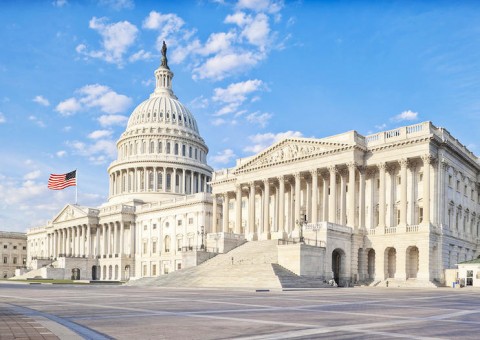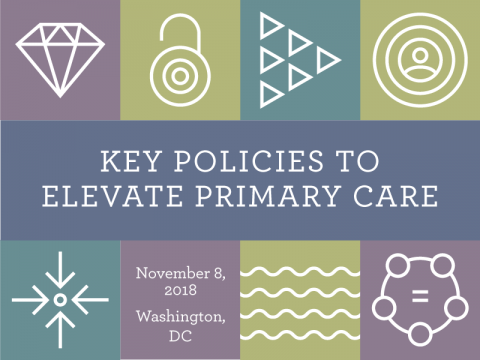You are looking at an archived version of our site. Please visit thepcc.org for a fresh, new experience!
District of Columbia
Due to its location, primary care practices in the District of Columbia are significantly impacted by medical home programs in neighboring states and federal programs (VA, Military, OPM, etc.). The DC Primary Care Association (DCPCA) is helping federally qualified health centers (FQHC's) in DC move to a PCMH model of care. The DCPCA Quality and Improvement and Operations Program utilizes models from HRSA-BPHC’s Health Disparities Collaboratives and the National Committee for Quality Assurance (NCQA) including the Planned Care and Improvement Models, to guide training and support activities. The Planned Care Model is a population-based model incorporating evidence-based medicine to develop and sustain system changes, while the Improvement Model is a quality methodology for small-scale, rapid-cycle improvements. Through the strategic integration of these models, DCPCA’s Quality Improvement (QI) team is able to support a variety of initiatives focused on issues of high volume, high risk and/or problem-prone areas for the District’s FQHCs and Community Health Centers.
Additionally, DCPCA helps member health centers leverage health information technology to improve the delivery of primary care by following the patient-centered medical home (PCMH) principles and guidelines, which aim to increase quality, improve health outcomes, and manage costs. The principles of PCMH call for a team approach to primary care and aim for systems change through the coordinated implementation of both the Care and Improvement Models for quality methodology.
Currently there are no formal medical home programs in the DC Medicaid program, although they have been awarded a CMS health homes planning grant.
CHIPRA:
No
MAPCP:
No
Dual Eligible:
No
2703 Health Home:
No
CPCi:
No
SIM Awards:
Yes
PCMH in QHP:
No
Legislative PCMH Initiative:
No
Private Payer Program:
Yes
State Facts:
Population:
650,700
Uninsured Population:
8%
Total Medicaid Spending FY 2012:
$2.1 Billion
Overweight/Obese Adults:
51.9%
Poor Mental Health among Adults:
38.3%
2014 Medicaid Expansion:
Yes
Pages
Secondary menu
Copyright © 2024 Primary Care Collaborative








